ATHLETE'S LIFE TURNS A NEW PAGE
The draft decree replacing Decree 152 "stipulating a number of regimes for sports coaches and athletes during training and competition periods" is being assigned by the Ministry of Culture, Sports and Tourism to the Vietnam Sports Administration to collect opinions from ministries, departments and sectors to complete and submit to the Government. The highlight of the draft is that the sports sector proposes to increase salaries, bonuses and benefits for athletes from 2 to 10 times compared to before. An Olympic medal is rewarded with billions of VND, while ASIAD and SEA Games medals are also rewarded with huge rewards. In particular, the draft also proposes to double the regime for athletes and coaches during training in the national team, increase nutritional remuneration, and special regimes for key athletes who are capable of competing for medals.

Sepak Takraw is a rare Vietnamese sport that has reached Asian level.
PHOTO: INDEPENDENCE
Sharing with Thanh Nien , expert Doan Minh Xuong, Head of School Football Department of Ho Chi Minh City Football Federation, welcomed the breakthrough and humane change in the sports industry. He shared: "In the current context, the issuance of a draft decree to replace Decree 152 is a good sign, showing that the leaders of the sports industry are closely concerned with the lives and interests of athletes. Unlike many other professions in society, the athlete profession has two characteristics: high specialization and short career span. There are athletes who start their sports career at the age of 7 or 8, all year round they only eat, practice, compete, do not have much social interaction, and rarely have the opportunity to learn other skills. At the age of 30 - 35, when they retire, athletes must make a transition to another career. Famous athletes can become coaches, sports managers, brand advertisers, teach mass sports... but other mid-level athletes, who make up the majority in the sports world, will face more difficulties in the transition. As Minister of Culture, Sports and Tourism Nguyen Van Hung said, this transition still has many shortcomings, which is a bottleneck for Vietnamese sports".
Expert Doan Minh Xuong commented: "It would be very valuable if we could improve the income of Vietnamese athletes, so that they can focus on competing and contributing. Vietnam's sports development strategy sets out big goals for the SEA Games, ASIAD and Olympics, in which the Asian and world playgrounds are fierce, requiring synchronous and adequate investment. Vietnamese sports need talent to take off. And to have talent, there needs to be a reasonable incentive policy so that families can feel secure in sending their children to pursue a sports career."
Sharing with Thanh Nien , a leader affirmed that the sports industry always strives to improve the living conditions, regimes, and benefits so that athletes and coaches can feel secure in their dedication. “Vietnamese athletes are disadvantaged and still face many difficulties. Although they always say that they never regret pursuing a sports career, because they give a lot and also receive a lot in return, the sports industry will strive to ensure athletes have satisfactory benefits. However, there needs to be a common voice, as well as hands working together to build strategies and implement them, because the sports industry cannot cover everything.”
DON'T RELY ONLY ON THE BUDGET
According to Mr. Doan Minh Xuong, Vietnamese sports also need to propose to the Party, State and Government to perfect the mechanism, create a policy corridor to develop truly professional sports, attract investment resources from outside, instead of just relying on the "milk" of the budget. "Vietnamese sports not only need good athletes and coaches, but also need a suitable management mechanism that meets practical requirements. The State only plays the role of providing a policy corridor to support, while the sports machine itself must operate to earn money to support itself. However, in Vietnam, the door to socialized sports has not been opened wide, it is only half-closed," Mr. Xuong analyzed.
Mr. Xuong continued: "Vietnamese sports need to follow the path of professionalization and socialization, where the private sector, businesses, and people are the important pillars to improve the level. If the State increases its investment budget, Vietnamese sports will benefit, but it cannot rely solely on the budget, but must also think of ways to make money. To do so, Vietnam must turn sports into a professional, systematic system, developing from school sports to mass sports, not just focusing on professional sports to seek medals and titles. If professional sports are developed, taking advantage of the mass participation in sports for business, the sports industry will have revenue and invest back in athletes and coaches."
Mr. Xuong gave an example, sports such as football, badminton, athletics (especially running), pickleball... can completely become professional money-making machines, when the State opens the door for private investment. The State allocates land, creates open policies, businesses invest in business, take revenue and profit to pay taxes, then that tax will be reasonably allocated to invest back in athletes, creating a tight sports ecosystem. When sports are socialized, the athletes themselves will have more jobs, become brand faces to spread, do business, get closer to the public, help them have more income and orient their future after retirement.
"It is true that not all sports are attractive to the public, but only stop at the level of competition for achievements. So those sports, we still subsidize and invest with budget money. However, sports that are entertaining in nature, have fans... need to be turned into real entertainment products to earn money to support themselves," expert Doan Minh Xuong concluded.
Source: https://thanhnien.vn/co-hoi-quy-giup-vdv-viet-nam-doi-doi-185250810214606354.htm




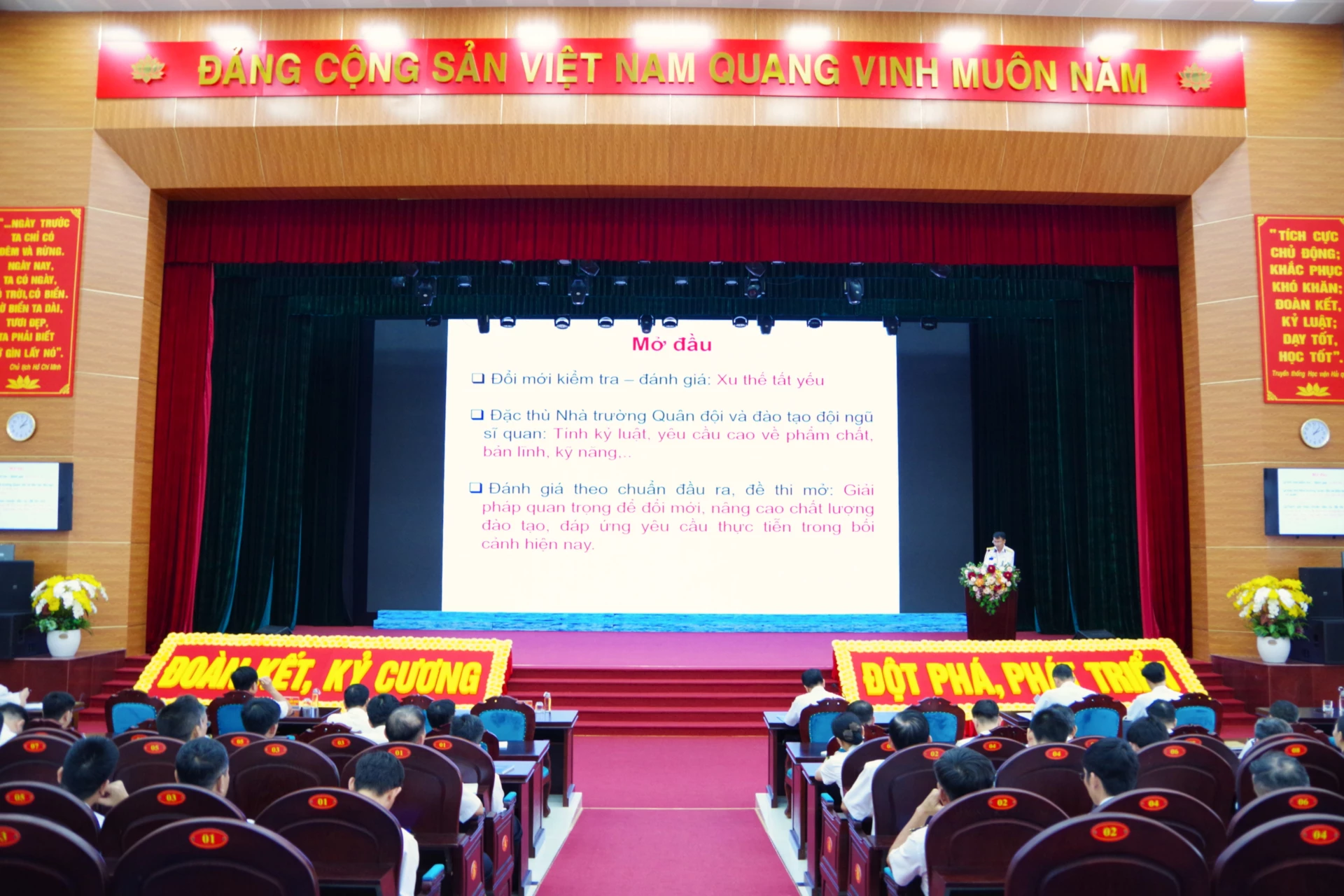
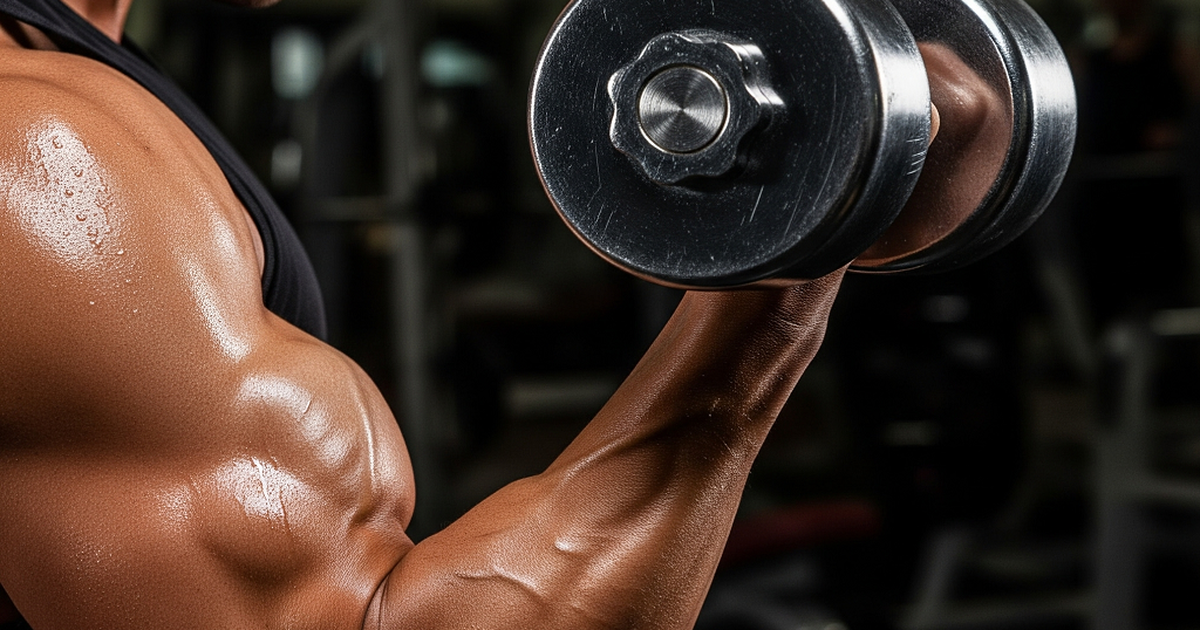

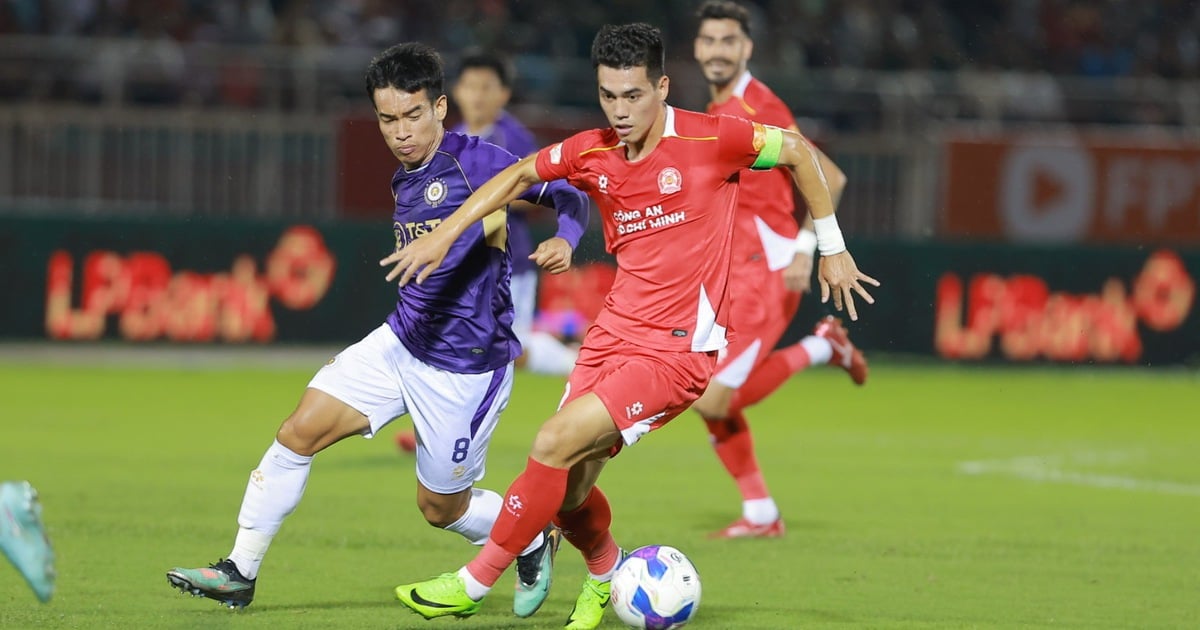
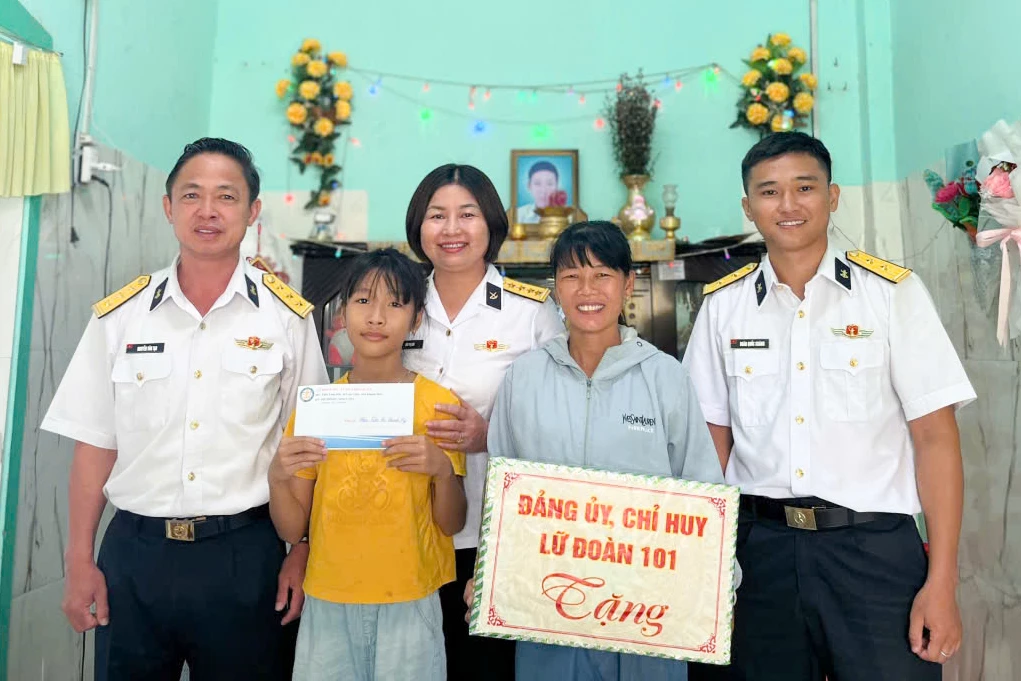
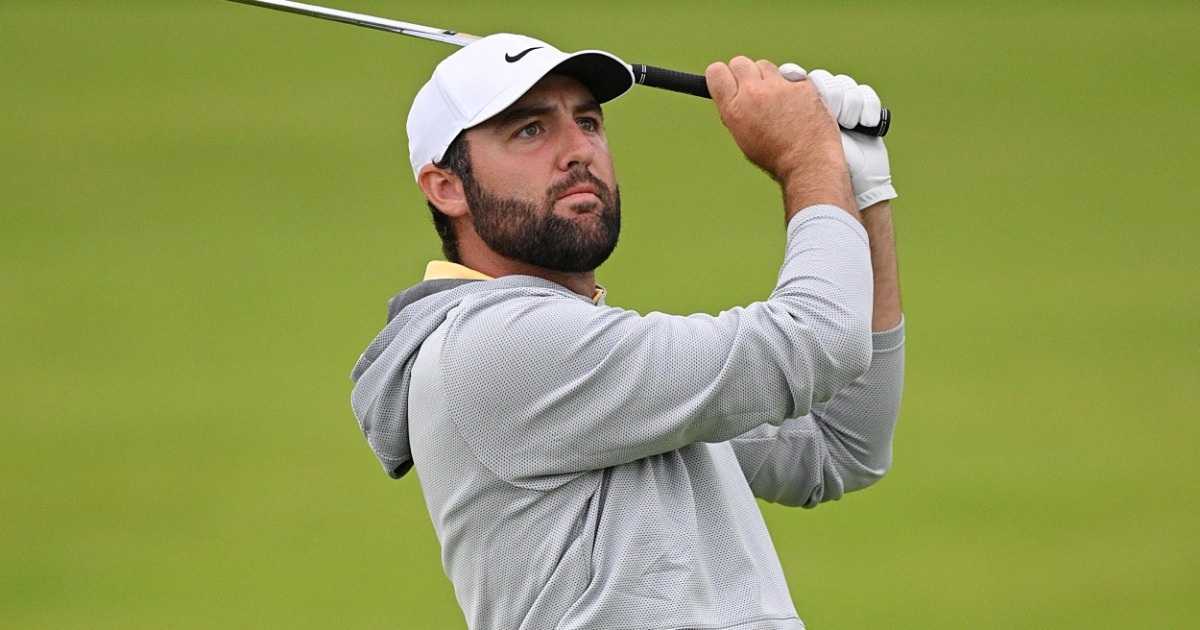
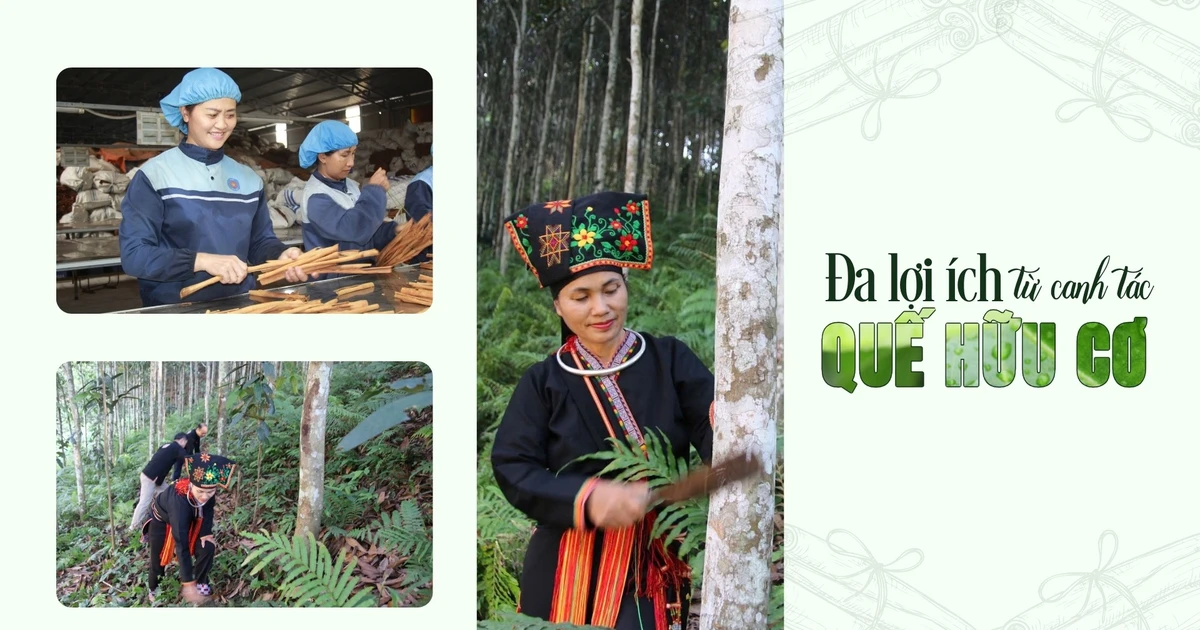
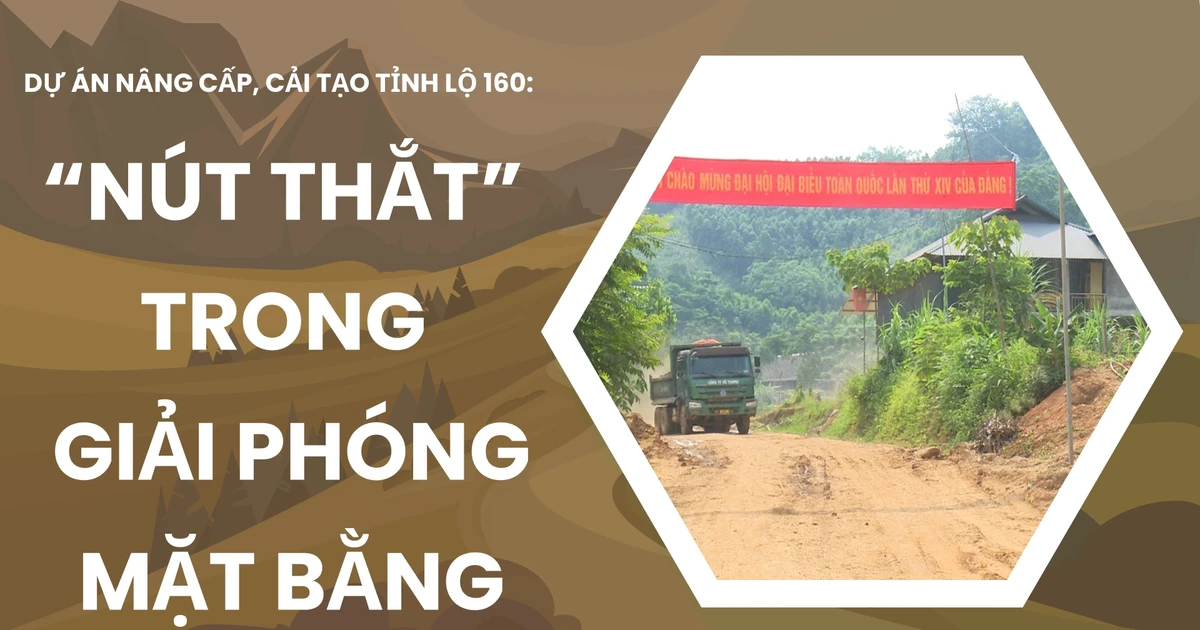
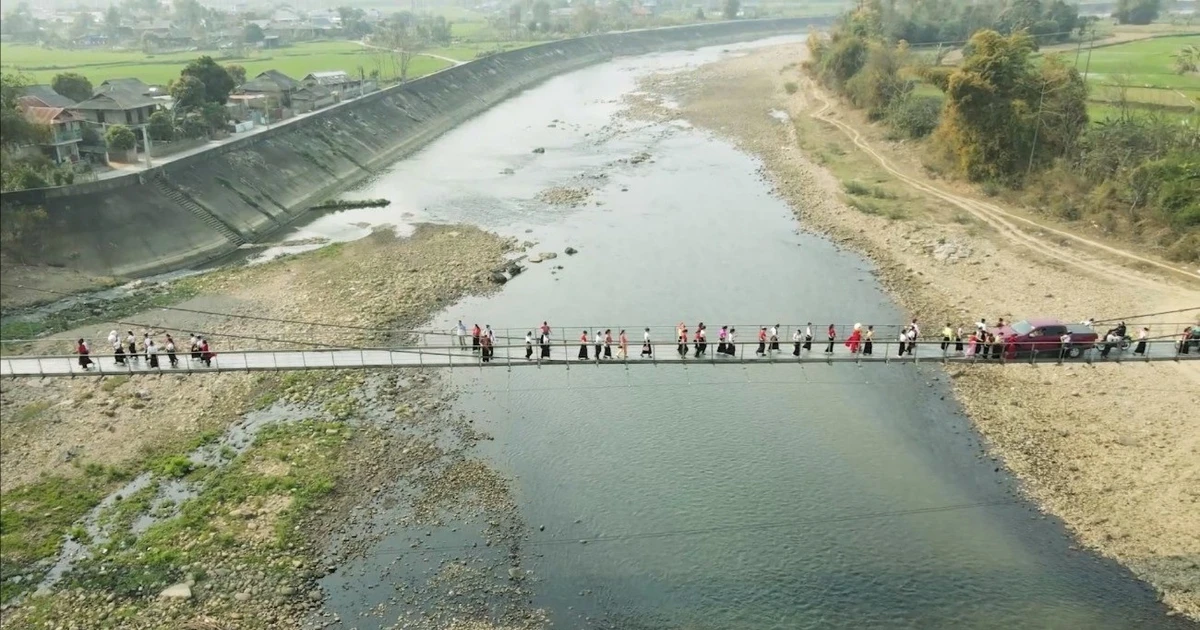












![[Photo] An Phu intersection project connecting Ho Chi Minh City-Long Thanh-Dau Giay expressway behind schedule](https://vstatic.vietnam.vn/vietnam/resource/IMAGE/2025/8/21/1ad80e9dd8944150bb72e6c49ecc7e08)




































![[Photo] Politburo works with the Standing Committee of Hanoi Party Committee and Ho Chi Minh City Party Committee](https://vstatic.vietnam.vn/vietnam/resource/IMAGE/2025/8/21/4f3460337a6045e7847d50d38704355d)

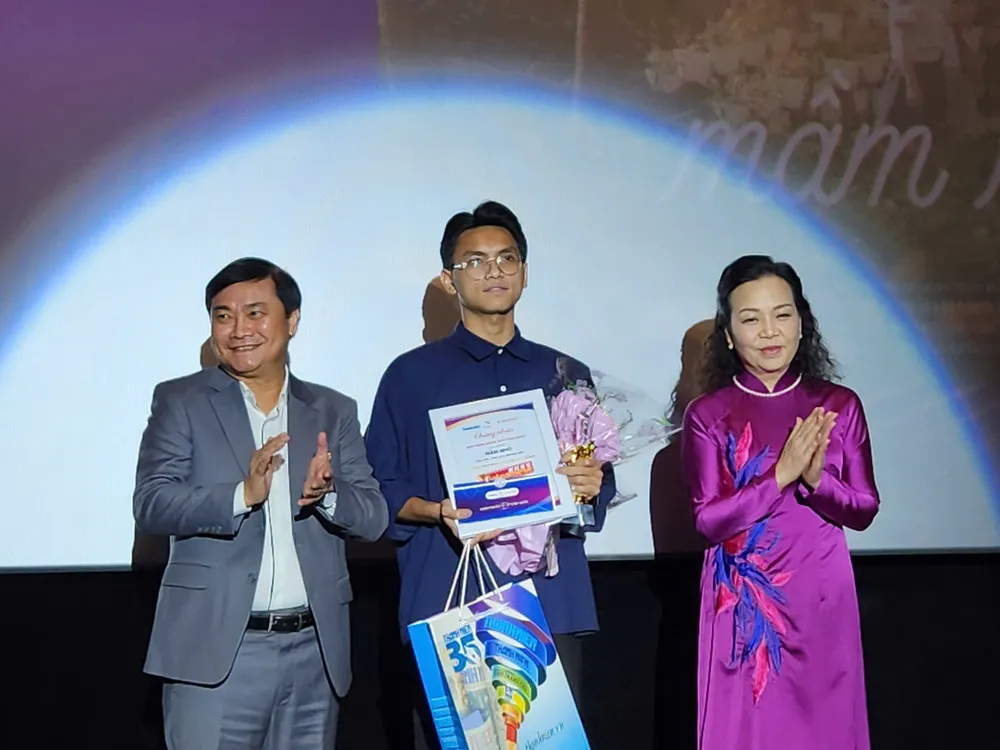































Comment (0)